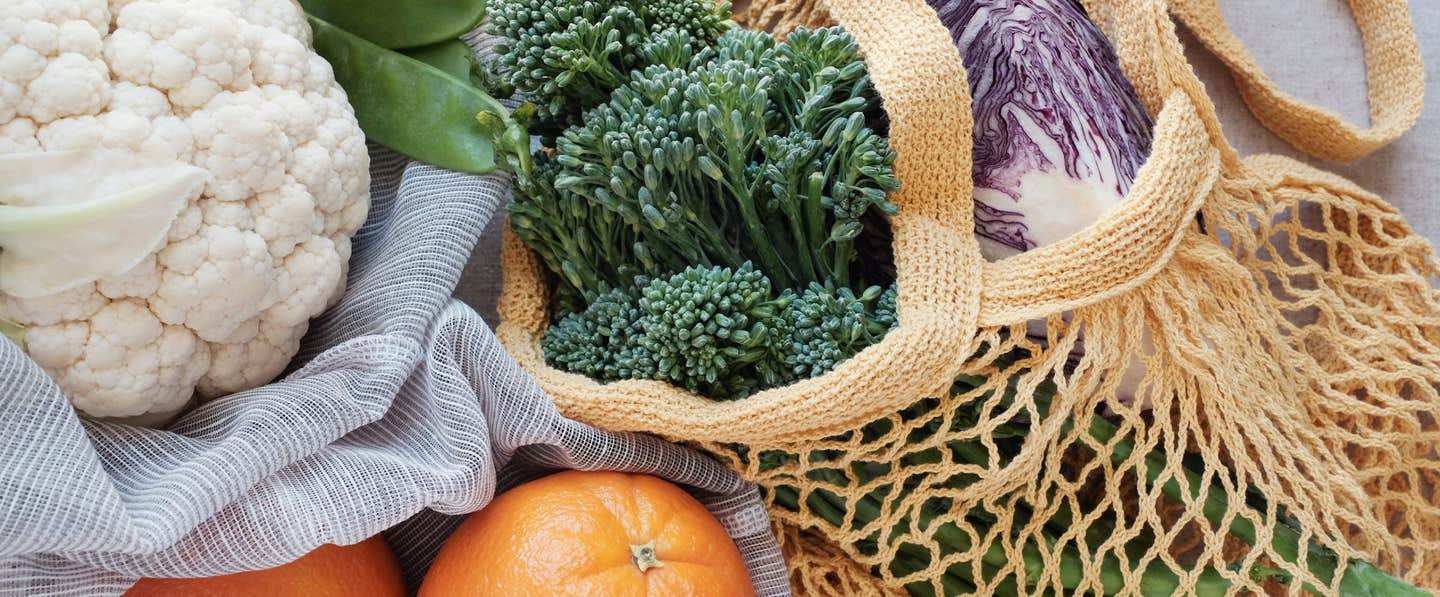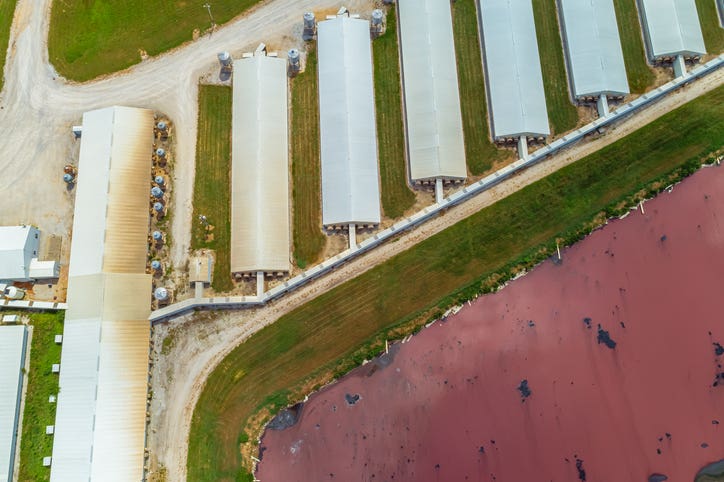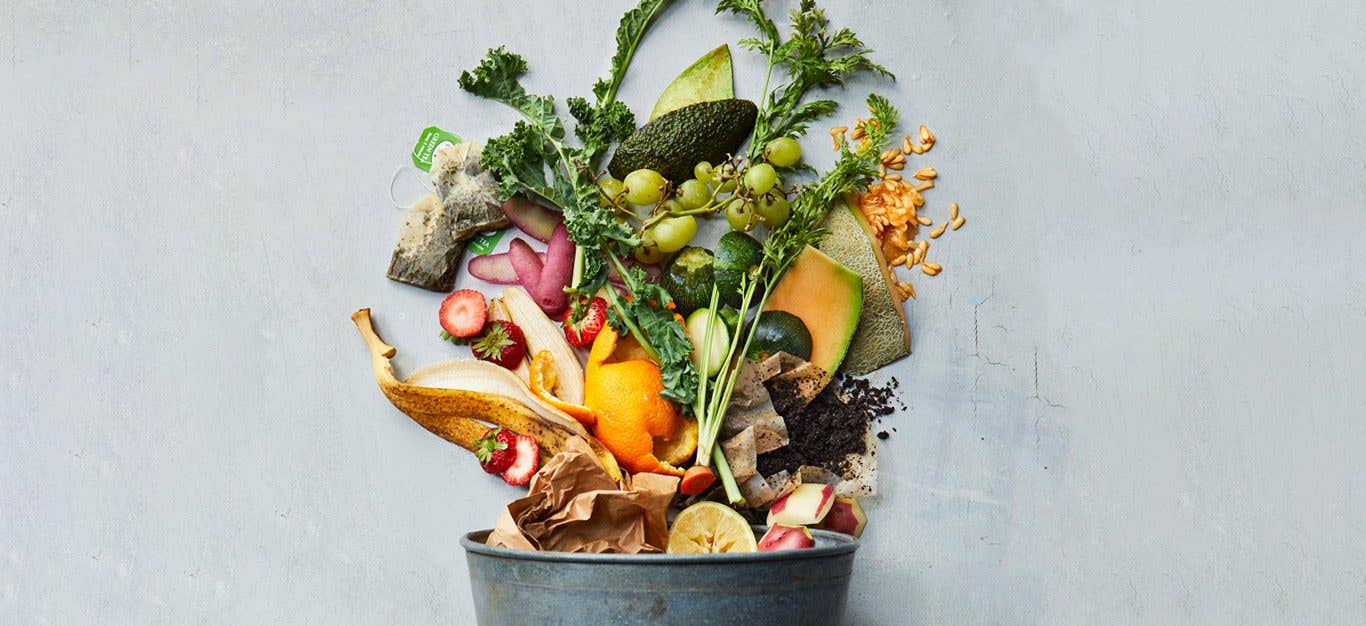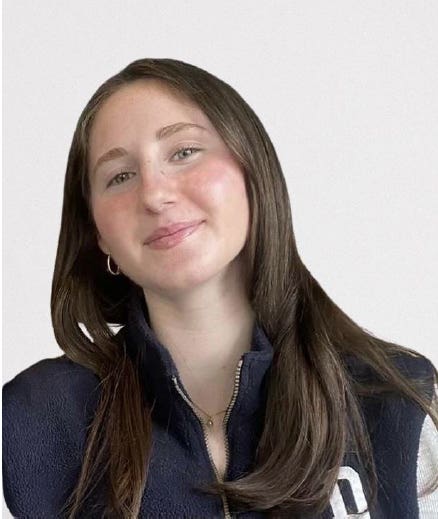Photo by Cynthia van Elk
Since its founding in 1947, the Rodale Institute has been a leader in the organic movement. Today, with five regional resource centers nationwide, the nonprofit organization offers farmers intensive training in sustainable agricultural practices. In 2022 alone, Rodale helped transition 321 farmers to organic growing practices, teaching everything from soil science to how to make a profit. “Our mission is to support existing and transitioning organic farmers so that we can expand regenerative farmland across the United States and the world,” says Andrew Smith, Ph.D., the institute’s chief scientific officer. “The future [of farming] really needs to align with human health,” he says. “And I think if you get our farming systems aligned with human health, then planetary health will follow.”
We spoke with Smith about the role of agriculture in climate change, the merits of buying local vs. organic, and the future of sustainable farming.
Editor’s Note: This conversation has been edited for length and clarity.
First, would you tell us a bit about how the Rodale Institute got started?
Andrew Smith, Ph.D.: The Rodale Institute [was founded as] a response to the growth of chemical agriculture. Part of why they started was out of concern for human health. If you read their meeting [minutes from] back in the 1930s and 1940s, they were asking the question, “Why does the British population have such poor health?” and they said, “Well one, it’s because of diet, and two, it’s because the way we farm is degrading the land.” And [that has] really come true in the last 70 years. While Rodale Institute and the founder J. I. Rodale coined the term organic, we don’t profess to be the originators of organic agriculture. Indigenous cultures and cultures around the world have been practicing sustainable and natural farming practices [for centuries].
In 2017, Rodale helped to establish the “Regenerative Organic Certification” (ROC) label. What inspired this effort?
AS: We [created the label] so that the word regenerative had some meaning behind it. Today the word sustainable is diluted because it has been overused by corporations. … So, Rodale started a Regenerative Organic Certification with other partners like Dr. Bronner’s and Patagonia to create a [certifiable] standard that not only included environmental or land stewardship ethics, but also animal welfare and social fairness.
Why is organic produce more expensive than conventional? What advice would you give to someone who wants to buy organic but says it’s unaffordable?
AS: For the most part, organic food is underpriced, and conventional food is overpriced. The majority of organic agriculture’s cost comes from increased labor. If you put it in relative terms of people’s salaries, [people are] paying a minuscule percentage… for their food compared to what they used to spend. And that’s one of the reasons farmers struggle to support themselves.
So, how do you afford organic? One goes back to local… Can you find it from a local farm, or from a community-supported agriculture program, where it tends to be cheaper, because you're buying it right from the farm? Even if they’re not certified organic, most of those farms are growing using organic practices. If you’re limited on what you can purchase … [I recommend] going to the Environmental Working Group page…[where] you can look at what fruits and vegetables have lower levels of pesticide residues and pick and choose. I like to purchase root crops, things like carrots, beets, and potatoes, organically because of the heavy use of neonicotinoid insecticides. And then small grains like oat and wheat, [that] are being sprayed with glyphosate [I also purchase organic].
I’ll also say that I’ve found that if you start to adopt a more plant-based diet, your total food costs drop drastically. And so, there should be more room [in the budget] for organic products.
Rodale has long emphasized the importance of soil health. What makes for healthy soil?
AS: Things like compost and manures, and having living plants on the [soil’s] surface, are the most important components of rejuvenating and maintaining soil health. As organic has expanded, I think we sometimes forget the benefits of compost. [Compost] improves microbial activity, which makes plants more resistant to disease and insects…and helps the plant extract nutrients. Nitrogen-fixing—[a process where certain crops, like legumes] pull nitrogen out of the air and put it back into the soil or give it to the plant—actually results in higher levels of soil carbon sequestration. Our research shows that if you have good management that includes green manures as well as compost, then tillage won't have detrimental effects on the soil. It's when we remove these things, and use synthetics, that the soil becomes bare.
A 2019 UN report warned of the looming extinction of one million species. What does agriculture have to do with this?
AS: When I was sitting in college studying agriculture, I clearly saw that anytime you added one good practice, it resulted in multiple benefits. And anytime you added one bad practice, like let's say spraying insecticides, it resulted in multiple negative consequences. So it’s kind of a cycle. Everywhere we look on organic farms they're more biodiverse from plant community species [to] insects…[because] organic farmers recognize that…natural habitats provide a real benefit in managing insects and disease on their farm. I think the loss of biodiversity is largely a consequence of our industrial agriculture. We’re deforesting so we can produce soybeans and corn, and it's a little bit hypocritical for those of us in the United States to say, "You should stop [deforesting]" in the Amazon, or Madagascar or in some other of these sensitive biodiversity hot spots, when we mostly deforested the entire East Coast.
How do you feel about the future of sustainable food systems?
AS: I’m very optimistic. I probably wasn’t optimistic five to 10 years ago, but two things have happened: One, the baby boomers, to some extent, have finally opened their eyes to see that how food is produced has an environmental impact. And Millennials have [become] the major decision-makers for households … and they’re driving corporations to adopt regenerative and organic and sustainable practices. Consumers are asking how their food was produced, and where it was produced. … My only concern is that I see two camps diverging. [One] is aware of their health and is driving improved farming practices [while the other]...is consuming whatever’s available. And I’m concerned that the convenience eaters [make up] a greater number of the population than healthy eaters.
I understand that you recently started following a mostly plant-based diet. What prompted this choice?
AS: First it was for the welfare and treatment of animals. The second reason was for my own health. My father passed away when he was 66, and I've recognized, as my mom and her friends are aging, that I’m starting to see not only physical but cognitive decline. So I’ve started thinking more about my health in the future. It's not just [about eating] plant-based, but whole-food, plant-based … reducing things like sugar and processed foods. The other reason is that I'm professing that we need to change the food system in a positive way for human and environmental health, and I didn't want to be a hypocrite.

Related News
Get Our Best Price On The Forks Meal Planner

Forks Meal Planner takes the guess work out of making nutritious meals the whole family will enjoy.
SAVE $200 ON OUR ULTIMATE COURSE

Join our best-selling course at a new lower price!



